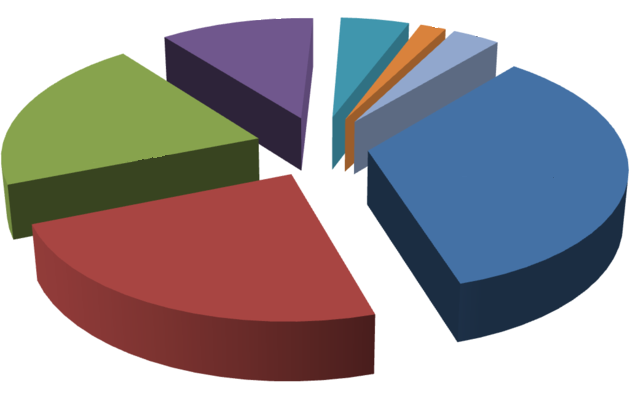Budgeting is one of the most important financial moves a person can make, for practically all other financial opportunities stem from it. If you want to invest money, it wouldn't be smart to just start investing without first figuring out how much you can afford to invest. The same reasoning applies to saving money.

First of all, what exactly is a budget? Well, according to most dictionaries, a general definition goes something like this: "An estimate of income and expenses across a period of time." Basically, a budget is at its most basic form a way to keep track of how much money you make and where it's going.
There is an important psychological benefit to creating a budget: it allows you to understand that spending money is essentially a trading of one good for another. When you write these things down on paper, you realize that the value behind money also involved the time and other things you traded in order to make the money, which you then traded for other goods.

As an example, suppose you work at a store in the mall for $10 an hour. This store is also your favorite store, and you love their clothes. When you get your paychecks, you have no budget in place and do not hesitate to spend $100 on clothes (which is quite easy to do). However, once you write this down on paper, you realize the time costs behind the purchase: you have worked two 5-hour shifts in order to buy the clothes. Most part time jobs are 3 days a week, so you've spent the majority of your working time for the week purchasing goods.
Setting a budget in place helps you to realize not only the monetary cost associates with purchases. Do you think there are other costs involved in spending money? Leave a comment below!